Earn college credits from the comfort and safety of your home.


Allegheny College
2 Credits
Class Schedule
Summer Jun. to Aug. 23
Fall Sep. to Nov. 23


Allegheny College
2 Credits
Class Schedule
Summer Jun. to Aug. 23
Fall Sep. to Nov. 23


Allegheny College
2 Credits
Class Schedule
Summer Jun. to Aug. 23
Fall Sep. to Nov. 23


Allegheny College
2 Credits
Class Schedule
Summer Jun. to Aug. 23
Fall Sep. to Nov. 23


Allegheny College
2 Credits
Class Schedule
Summer Jun. to Aug. 23
Fall Sep. to Nov. 23


Allegheny College
2 Credits
Class Schedule
Summer Jun. to Aug. 23
Fall Sep. to Nov. 23


Allegheny College
2 Credits
Class Schedule
Summer Jun. to Aug. 23
Fall Sep. to Nov. 23


Allegheny College
2 Credits
Class Schedule
Summer Jun. to Aug. 23
Fall Sep. to Nov. 23
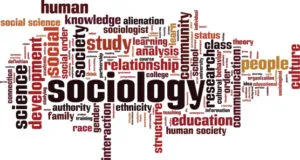

Allegheny College
2 Credits
Class Schedule
Summer Jun. to Aug. 23
Fall Sep. to Nov. 23


Allegheny College
2 Credits
Class Schedule
Summer Jun. to Aug. 23
Fall Sep. to Nov. 23


Allegheny College
2 Credits
Class Schedule
Summer Jun. to Aug. 23
Fall Sep. to Nov. 23
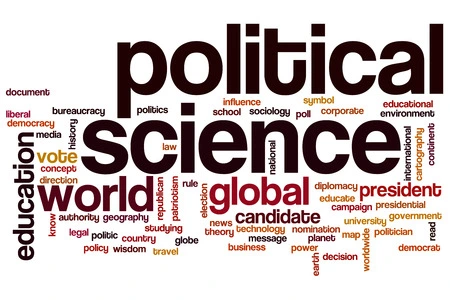

Allegheny College
2 Credits
Class Schedule
Summer Jun. to Aug. 23
Fall Sep. to Nov. 23
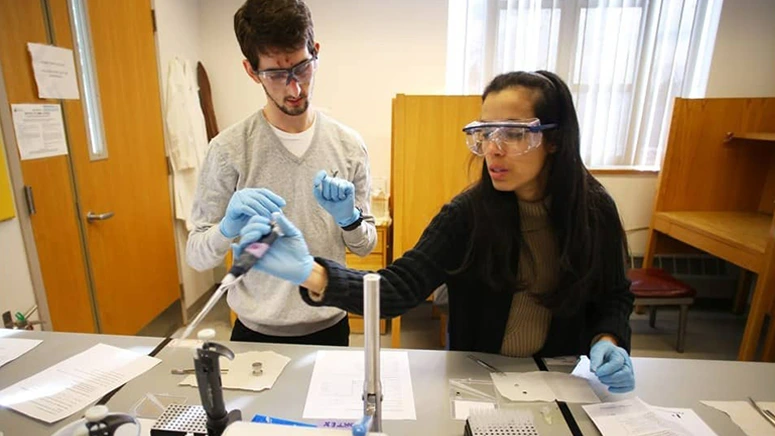

Allegheny College
2 Credits
Class Schedule
Summer Jun. to Aug. 23
Fall Sep. to Nov. 23
Credits transferable to any US University with Scholarly's Guarantee*.

Allegheny College

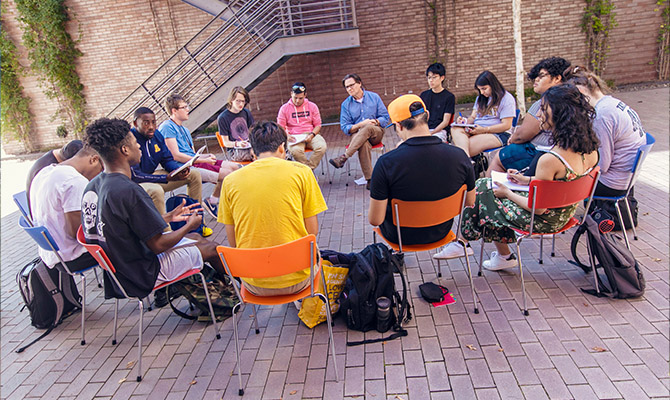
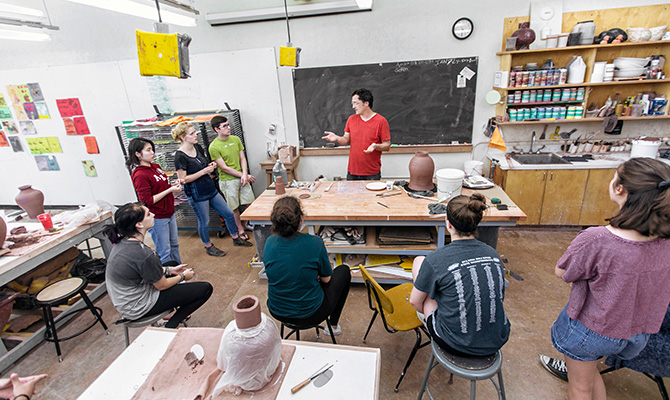

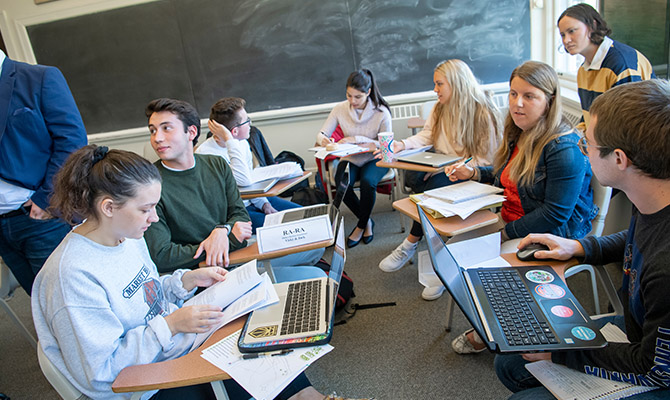
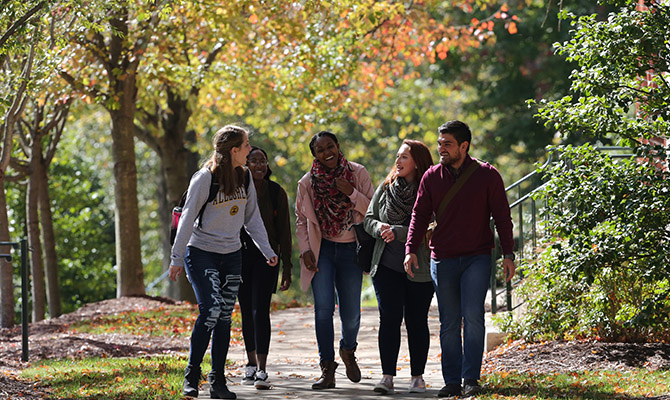
- Founded in 1815, Allegheny College ranks among the oldest 1% of colleges in the US. Located in Meadville, Pennsylvania.
- Elite small college. Forbes places Allegheny College among "America's Top Colleges".
- Approximately, 1,800 students representing 70 countries and 47 states.
earning college credits online
professors to top performing students

*In the unlikely event a US University, in which a student enrolls for full time studies, fails to recognize the credits earned on the Scholarly platform, Scholarly will refund the full tuition paid by the student for those credits.
Contact us at +91 8291165765 or +91 8217419973 or
Please provide the information below for us to contact you.
Allegheny College

Duration
23 June - 28 July, 2020
IST 5.00 pm - 6.30 pm
Calculus I (MATH 151)

- 23 June – 28 July, 2020
- $3,658/-*
*Please contact us for scholarships and
financing options.

Prof. Craig Dodge
Assistant Professor, Mathematics
B.A., M.A., Ph.D.,
State University of New York,
Buffalo
A study of differential and integral calculus of algebraic, trigonometric, logarithmic and exponential functions of one real variable, including limits, derivatives and their applications, integrals and the Fundamental Theorem of Calculus. This course will assume that all students enrolled are very familiar with the following topics: functions, domains, ranges, graphs, equations, inequalities, factoring polynomials, fractional algebraic expressions and real exponents (including fractional and negative exponents).
Prerequisite
Students are expected to be familiar with a variety of functions including algebraic, exponential, logarithmic, and trigonometric functions. Students who are unsure about their preparation for this course should contact pjackson@allegheny.edu for a consultation.
Principles of Marketing (ECON 228)

- 23 June – 28 July, 2020
- $3,658/-*
*Please contact us for scholarships and
financing options.

Prof. Gaia Rancati
Assistant Professor of Marketing
and Neuromarketing, B.A,
University Institute for Modern
Languages, Milan (IULM) 2009;
M.A.,Il Sole 24 Ore Business
School Milan 2012,
Ph.D. IULM Milan and Claremont
Graduate University, CA 2019
An overview of marketing activities involved in providing consumers with goods and services. This course: (1) provides students with an understanding of marketing concepts; (2) applies learned marketing concepts to real world situations; (3) examines the adaptation of marketing strategy in a changing environment. The class focuses on terminology and knowledge required to successfully navigate within the business world and to interact with marketing managers on an informed basis.
Introduction to Environmental Science (ENVSC 110)

- 23 June – 28 July, 2020
- $3,658/-*
*Please contact us for scholarships and
financing options.

Prof. Beth Choate
Assistant Professor,
B.S., Centre College;
M.S., University of Kentucky;
Ph.D., University of Maine

Prof. Eric Pallant
Professor, Chair;
B.A., Wesleyan University;
M.F.S., Yale University;
Ph.D., Cornell University
An overview of the natural science and social science components of the human environment. Topics include: the ecosystem, energy, resource definitions and limitations, water supply, air pollution, sustainable design, environmental policy, environmental justice, solid and hazardous waste management, land use and conservation biology. Emphasis is on the use of natural and social scientific knowledge in decision-making and problem-solving.
Allegheny College

Duration
23 June - 28 July, 2020
IST 7.00 pm - 8.30 pm
Computational Expression (CMPSC 100)

- 23 June – 28 July, 2020
- $3,658/-*
*Please contact us for scholarships and
financing options.

Prof. Janyl Jumadinova
Chair, Assistant Professor;
B.S., Peru State College;
M.S., Ph.D., University of
Nebraska at Omaha

Prof. Douglas Luman
Assistant Professor, Computer
Science;
M.F.A., George Mason University;
B.S., Bradley University
Prerequisite
Knowledge of elementary algebra.
Core Concepts in Physics I (PHYS 110)

- 23 June – 28 July, 2020
- $3,658/-*
*Please contact us for scholarships and
financing options.

Prof. Doros Petasis
Professor of Physics; Biochemistry
B.S., Indiana University;
Ph.D., Carnegie Mellon
University
An introductory, calculus-based course covering fundamental physical concepts from Newtonian mechanics, such as the conservation of energy and momentum.
Prerequisite
Strong knowledge of geometry and trigonometry.
Foundations of Astronomy (PHYS 121)

- 23 June – 28 July, 2020
- $3,658/-*
*Please contact us for scholarships and
financing options.

Prof. Jamie Lombardi
Professor, Physics
B.A., Princeton;
M.S., Ph.D., Cornell
A study of the Earth and heavenly bodies, their observed characteristics and motions, and the theories that account for them. The course is designed to give students an understanding of the tools and fundamental physical concepts of astronomy. Topics covered include celestial timekeeping, gravity, orbits, light, the birth and evolution of stars, black holes and other compact objects, dark matter, dark energy, and the big bang theory.
Computer Mapping Technologies (ENVSC 195)

- 23 June – 28 July, 2020
- $3,658/-*
*Please contact us for scholarships and
financing options.

Prof. Chris Shaffer
GIS Manager/Instructor
Environmental Science &
Sustainability;
B.S., Clarion University
An introduction to the basic concepts and practical applications of digital mapping technologies. Students learn how to leverage software, methods, and “best” practices to collect, manipulate, and analyze digital geographic data and maps. Topics include geographic information systems, Google Earth, smartphone mapping, aerial and satellite imagery, and map interpretation. Students will learn how to apply commercial and open-source software applications in business, environment, and health studies.


